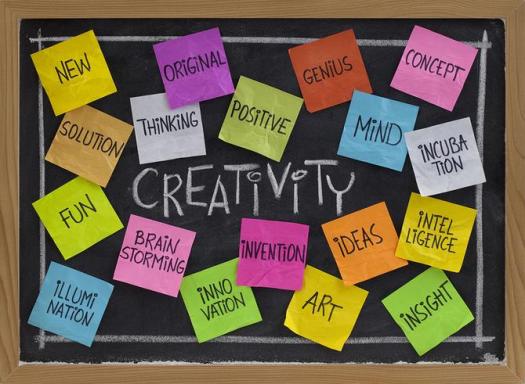I. New skills to learn:
In order to achieve what I have as a goal in my mind, I need to develop research skills, the ability to understand things exactly how they are and not to distort the information given to me. What is more, I would need to enhance my creativity thinking, so I can bear with the time pressure. I may often have to come up with ideas fast to keep my business active. And I have to learn to adapt to different circumstances quickly and get used to both approval and harsh criticism, both success and failure.
II. My media diet:
I have to examine carefully how topics like fashion, arts, astrology are covered in other media outlets, because I want to become an expert in these categories. Of course I will not stop looking at recent news and exploring issues that concern contemporary society, but I will focus my attention on magazines like Cosmopolitan, Vogue, Elle, Apollo, The Sunday Times, ES, Grazia, Aesthetica. I will also listen to the radio and a variety of podcasts, like GrownUpLand, These things shall pass: delusions and how to survive them , Friday Night Comedy from BBC Radio 4 , Fortunately… with Fi and Jane , The Chris Evans’ Breakfast Show , Drama of the Week , Evil Genius with Russell Kane , Time Travellers , Late Night Woman’s Hour.
TV programmes like BBC, SkyNews, ITV, would also be helpful with expanding my general knowledge.
Bloggers I should keep up with include Felix Salmon, Adam Tinworth, David Higgerson, Mary Hamilton and Many Jenkins.
Twitter accounts that are worth following are: Matt Thompson, Andrew Sullivan , Claire Lehmann , Jason Willick and Stoycho Kerev.

III. What optional modules I chose/ am about to choose:
I picked up Polylang (Russian) as an optional module in Year 1, and I will definitely do it again in Year 2, because apart from journalism, I have another passion- astrology, and I am planning to enrol on an astrology course in Russia. I am planning to do Fashion Journalism as my second optional module in Year 2. I will select Dissertation and Performing Arts Journalism in Year 3. I love and I am used to writing a lot, so 8000 words would not be that big problem. And there is an unconditional love between me and the theatre ever since I was a child and I think I will have a lot of fun during last year of my BA degree. By doing all these modules, I will combine everything that I like in my monthly piece of paper, which does not have a name yet, but I will come up with it soon.
IV. Work placements that would be helpful:
Grazia Magazine Editorial – contact
Fashion Journalism Work Placement – intern@wonderlandmagazine.com
Fashion Editorial Work Experience – Magazine: nowmagletters@timeinc.com
Web: nowonline@timeinc.com


